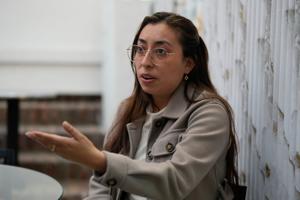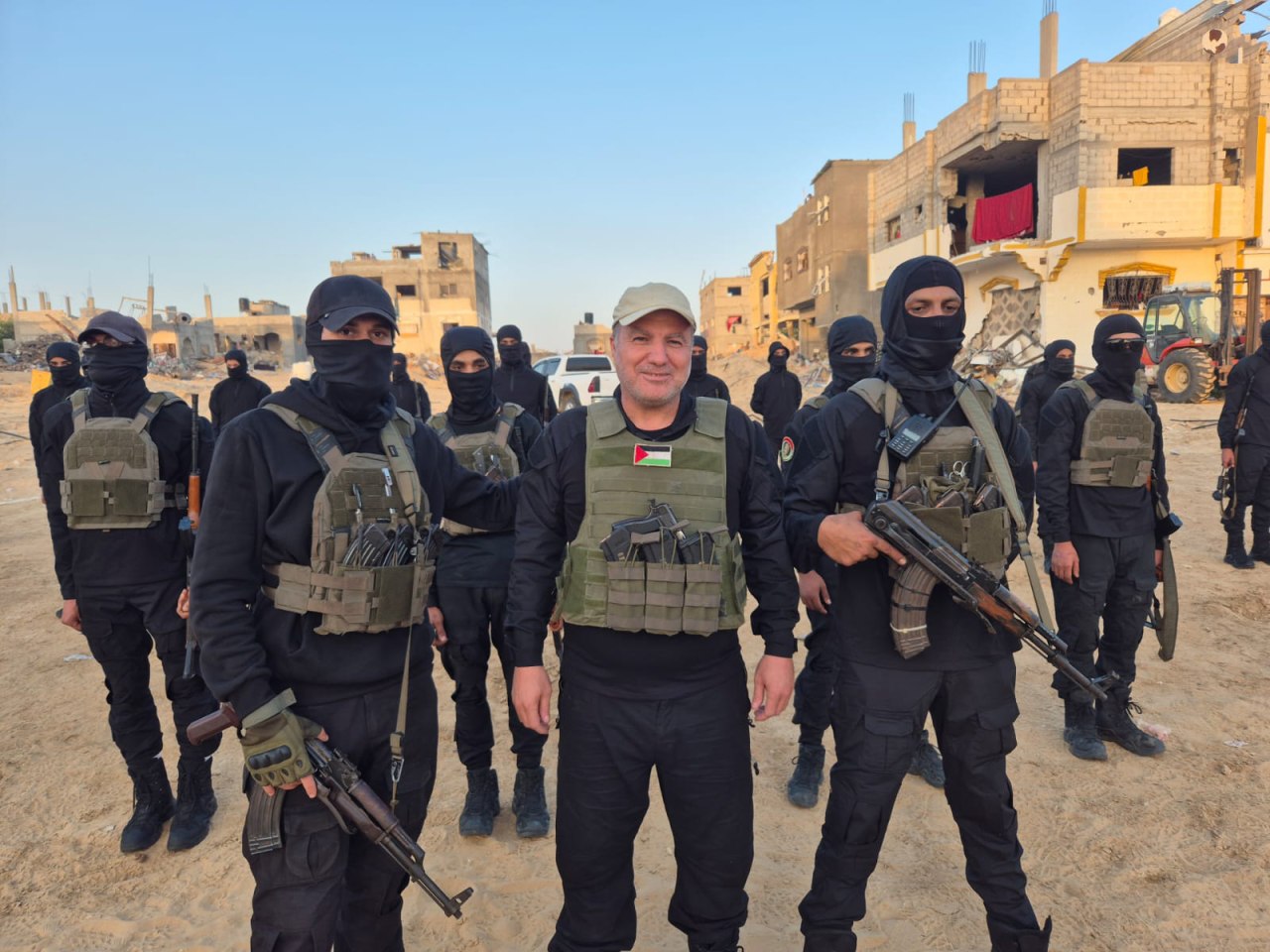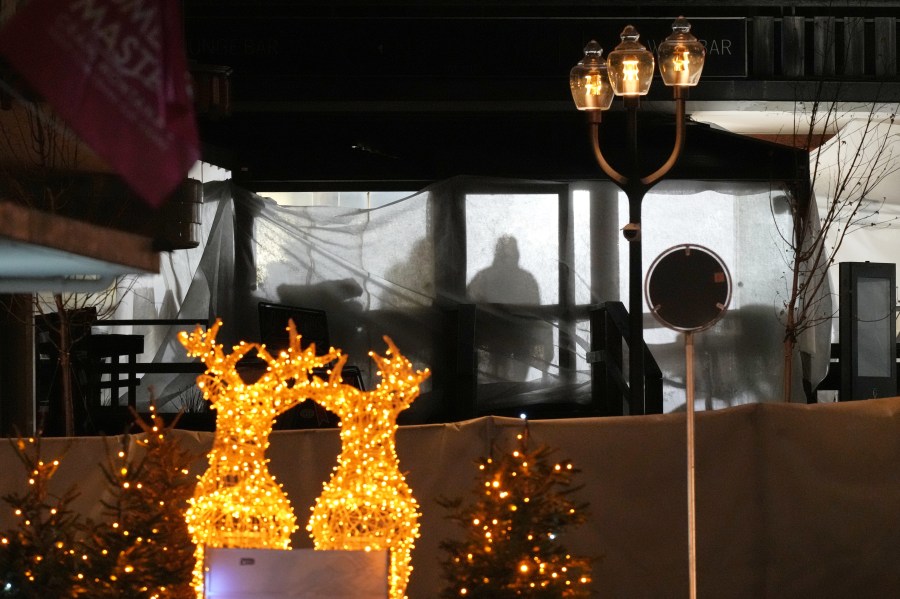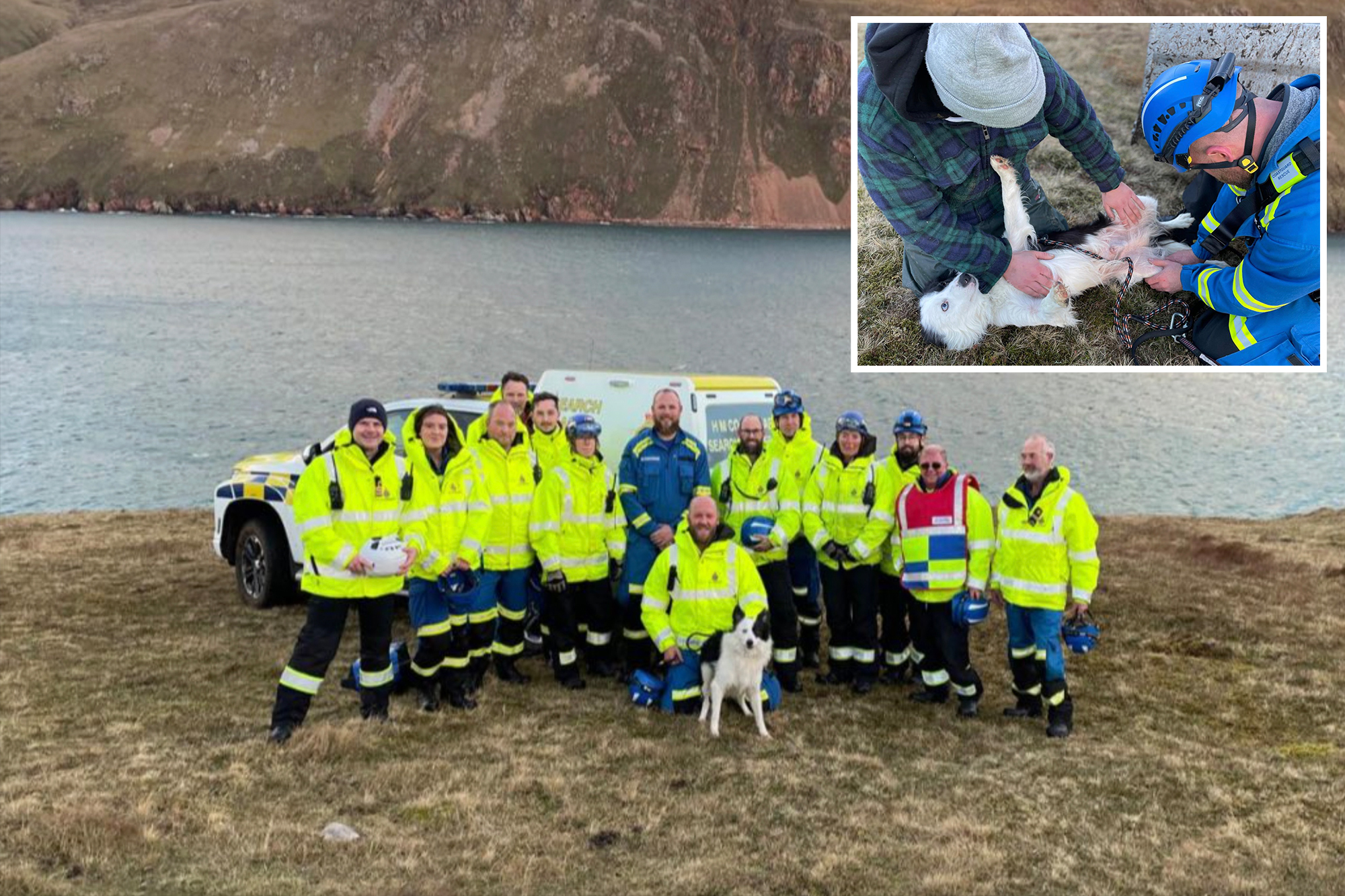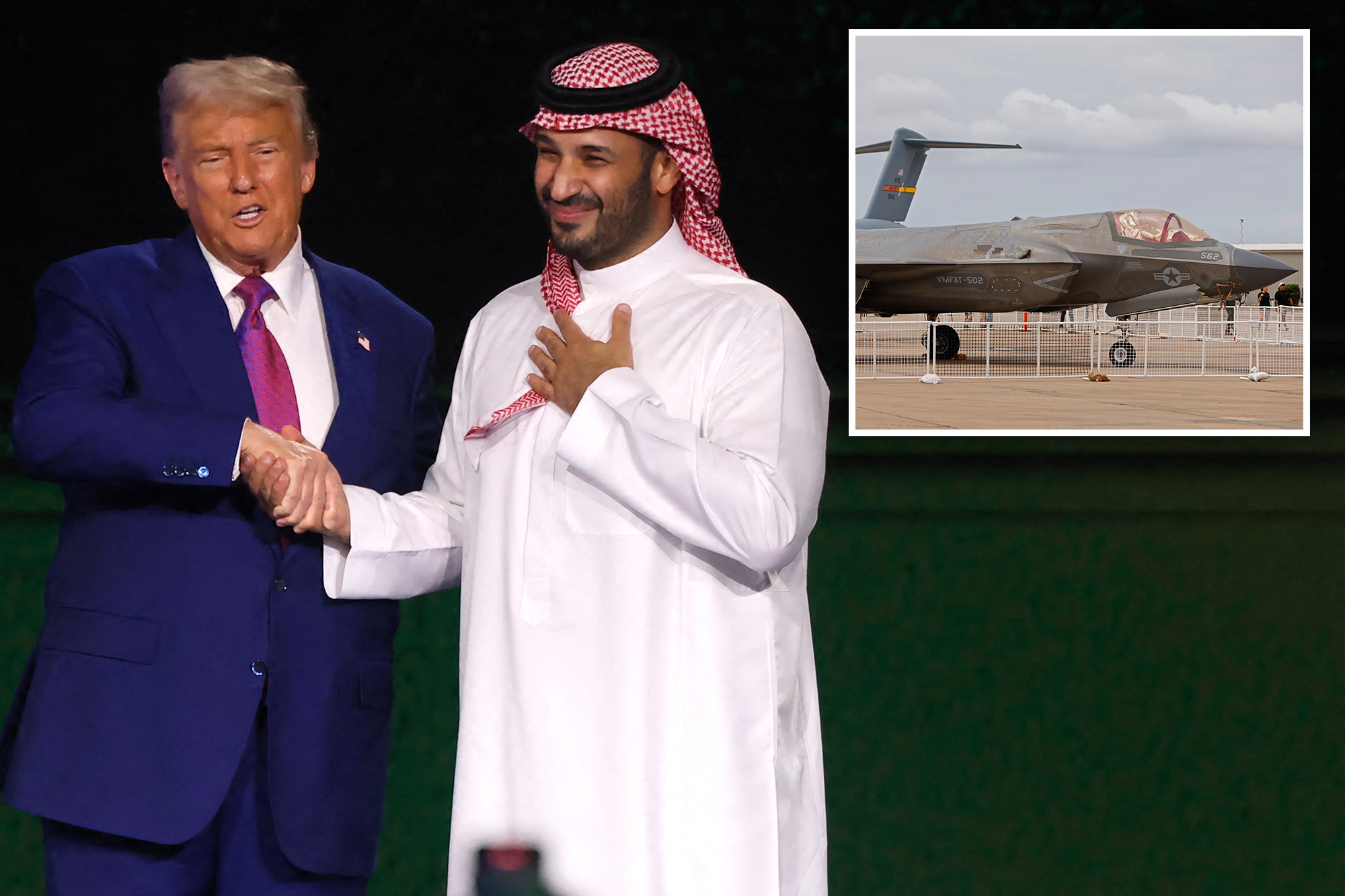Relatives of Colombian humanitarian worker Manuel Tique are intensifying calls for his release following the recent announcement from Venezuela regarding the release of 18 Colombian prisoners. Despite initial hopes raised by rumors of a broader amnesty, Manuel Tique was notably absent from the list of freed individuals. This development has left his family disheartened as they seek to reunite with him.
Diana Tique, Manuel’s sister, expressed her disappointment after learning that her brother was not among those released on March 8, 2024. “We were hopeful that he would come home, but now we feel helpless,” she stated. The family has been advocating for his release for several months, emphasizing his role as a humanitarian worker dedicated to assisting vulnerable communities in Venezuela.
Human rights organizations estimate that Venezuela currently holds around 80 foreign nationals, including several Colombians, in what they describe as politically motivated detentions. These groups assert that many of these individuals are being held without formal charges or due legal process. The situation has elicited responses from various international bodies, including the International Committee of the Red Cross, which has called for humane treatment of all detainees.
The plight of Manuel Tique has drawn attention to the broader issue of human rights within Venezuela. Critics of the government, including human rights advocates, argue that the detention of foreign nationals is part of a systematic approach to suppress dissent and intimidate both local and international communities. They urge the Venezuelan authorities to adhere to international standards regarding prisoner treatment and to release those who have been unjustly detained.
Diana Tique and her family are not alone in their struggle. They are joined by numerous advocacy groups that are rallying support for the release of foreign detainees in Venezuela. The families of these individuals are increasingly vocal, sharing their stories in the hope of drawing international attention to what they describe as human rights violations.
As the situation develops, the Tique family remains committed to their cause. They continue to seek dialogue with government officials and international organizations to facilitate Manuel’s release. “We will not give up,” Diana Tique affirmed. “We believe in justice, and we believe in our brother’s innocence.”
The case of Manuel Tique highlights significant tensions between Colombia and Venezuela, particularly in the context of humanitarian efforts and political relations. The Colombian government has been urged to take a more active role in advocating for its detained citizens, as families await news of their loved ones.
In conclusion, the ongoing plight of Manuel Tique and other foreign nationals detained in Venezuela underscores the urgent need for humanitarian advocacy and international intervention. As families push for justice and reunification, the hope remains that dialogue and diplomatic efforts will lead to a resolution for those unjustly imprisoned.

